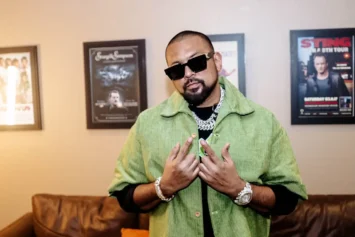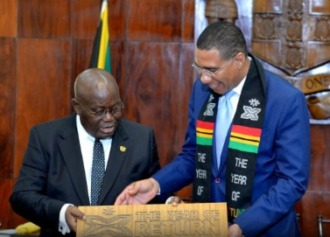Jamaica – There is something quite special about the month of August in the political and cultural history of our Caribbean—this region that bridges the two Americas and constitutes a microcosm of the peoples and cultures of the world. Today, August 1, sees region-wide celebrations commemorating “Emancipation”, the final liberation of our enslaved African ancestors that was to be followed by the freedom from indentureship (contract slavery) of our East Indian ancestors.
This is also the month, as every school child in Jamaica and Trinidad and Tobago knows when, first Jamaica on August 6, and then Trinidad and Tobago on August 31, joined the family of independent nations.
Currently, they are both engaged in celebratory activities to highlight the respective golden jubilees of their political independence.
The activities include showcasing their myriad cultural talents, even as the administrations in Kingston and Port of Spain try hard to ignore the choruses of social and political discontent from spoiling official independence birthday festivities.
As it is in the plural society of Trinidad and Tobago, so also in Guyana, Emancipation committees now regularly benefit from state funds to celebrate this historic occasion.
In both countries there is an increasing generosity of spirit in the provision of state funds — as also happens for “Arrival Day” observances marking the date when the indentured Indians first came.
Yet, expressions of impatience, if not outright disappointment, can still be expected from those directly involved in organising/sponsoring these events over how much funding is sufficient or reasonable.
For Trinidad and Tobago and Jamaica in particular there is an unmistakable irony in celebrations of Emancipation Day and golden jubilee of political independence .
It is related to an evident lingering bondage in “mental slavery”—if I may borrow from the legendary Bob Marley—that keeps administrations in both Port of Spain and Kingston shackled to the Privy Council in London as their final appellate institution instead of accessing the Caribbean Court of Justice (CCJ) as their court of last resort.
Consequently, in the homeland of Marcus Garvey and the iconic Bob Marley that freed itself on August 6, 1962 from slavery and colonialism, to that of the historian/politician Eric Williams and the legendary “Mighty Sparrow” — (recall “London Bridge”?) — there are still frustrating debates to justify delay delinking from the Privy Council…
Read more: Rickey Singh, Trinidad Express Newspaper


